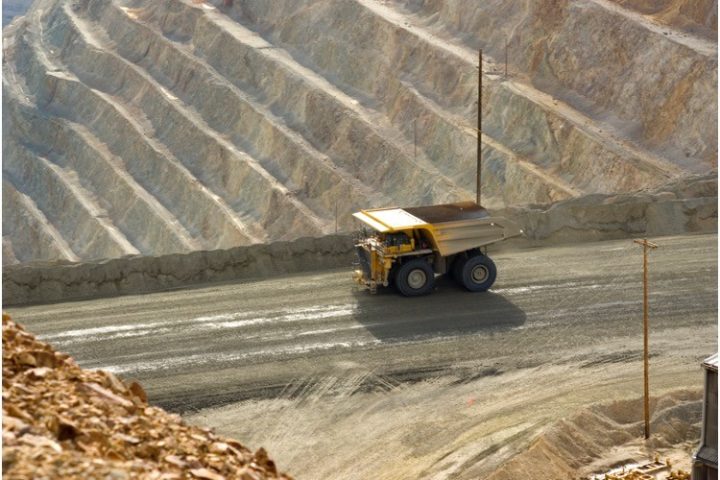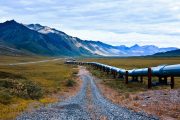
As climate alarmists continue to invoke the panacea of so-called renewable energies as an answer for what they call the “climate crisis,” the rush to create those energies is proving to be a quandary for environmentalists. While green crusaders laud the use of wind turbines and solar panels and large-scale batteries as an antidote to the much-maligned fossil fuels, the minerals and materials needed to create these magic cures require that environmentalists team up with an old enemy — the mining industry.
In Australia, as well as other countries, mining operations attempting to meet the stated need for minerals for renewable-energy solutions are causing other environmental problems such as toxic run-off into water sources and the destruction of wilderness areas.
“It’s absolutely ironic, but to save the planet we are going to need more mines,” says Allison Britt of Geoscience Australia, a government agency that catalogs the nation’s mineral resources and oversees the Australian mining industry.
The “need” to create more renewable energy often runs counter to the stated goals of the green energy mob, as mining tends to be a filthy and environmentally delicate business.
“Everything is now an emergency,” said Saul Griffith, of the climate activist group Re-wiring America.
According to Griffith, meeting the challenge of climate change will require what his website calls “a massive war-time mobilization effort to transform the fossil fuel economy into a fully electrified one, run on wind, solar, and other renewable energy sources.”
“We need to be making wind turbines 10 times as fast as we do. We need to be making solar cells 10 times as fast as we do. We need to be making batteries and electric vehicles 10 times as fast as we do today,” according to Griffith.
The response to such pressure from climate fanatics may be causing some governments to overlook some safety concerns as they search for the copper, nickel, cobalt, lithium, and other materials needed to create those energy sources.
One mine in Tasmania underscores the issue. The Rosebery Mine, which produces zinc, copper, and lead vital for the production of wind turbines and electric vehicles, has erected a dam in the region’s Tarkine wilderness, which the Tasmanian Environmental Protection Authority reports has been leaking contaminated water for five years.
The mine’s owner/operator, Chinese corporation MMG, is aware of the problem but claims it is a “legacy issue” left over from previous owners and insists that the problem has improved under its ownership. MMG has never been fined for the toxic leaks.
In a communication with the Tasmanian EPA, MMG admitted the problem of toxic leaks, said it had received “several complaints,” and concluded that there was a “pressing need to rectify” the situation. Unfortunately, according to the Tasmanian EPA, the dam still leaks.
Despite its spotty environmental record, MMG now wants to build a new dam in the same area, which it says it need in order to keep materials flowing — materials that the company claims promote a “lower-emission future.” Without the new dam, MMG claims that its operation will cease in two years.
What are environmentalists to do? Do they just shut down the mine at the risk of not having enough material to make wind turbines and solar cells? Or, do they allow the mining to go forward and risk ruining pristine wilderness for the sake of a “low emissions future?”
This Australian example is far from the only one. Africa is replete with mines that produce various minerals associated with renewable energies. African mines produce zinc, copper, lead, gallium, germanium, tellurium, aluminum, cobalt, and a variety of other often-toxic materials. And mines in the nations on the African continent are far less concerned about environmental impacts than they are in Australia, or America, for that matter.
With climate alarmists such as Saul Griffith shouting that we need more solar panels, more wind turbines, and more complex electric batteries faster and faster, they face a tough choice. Do they go full speed ahead and ignore the environmental impact of the mining needed to create those items, or do they risk more years of fossil-fuel use?
It’s time for actual environmentalists to decide what they really believe about protecting the environment.




